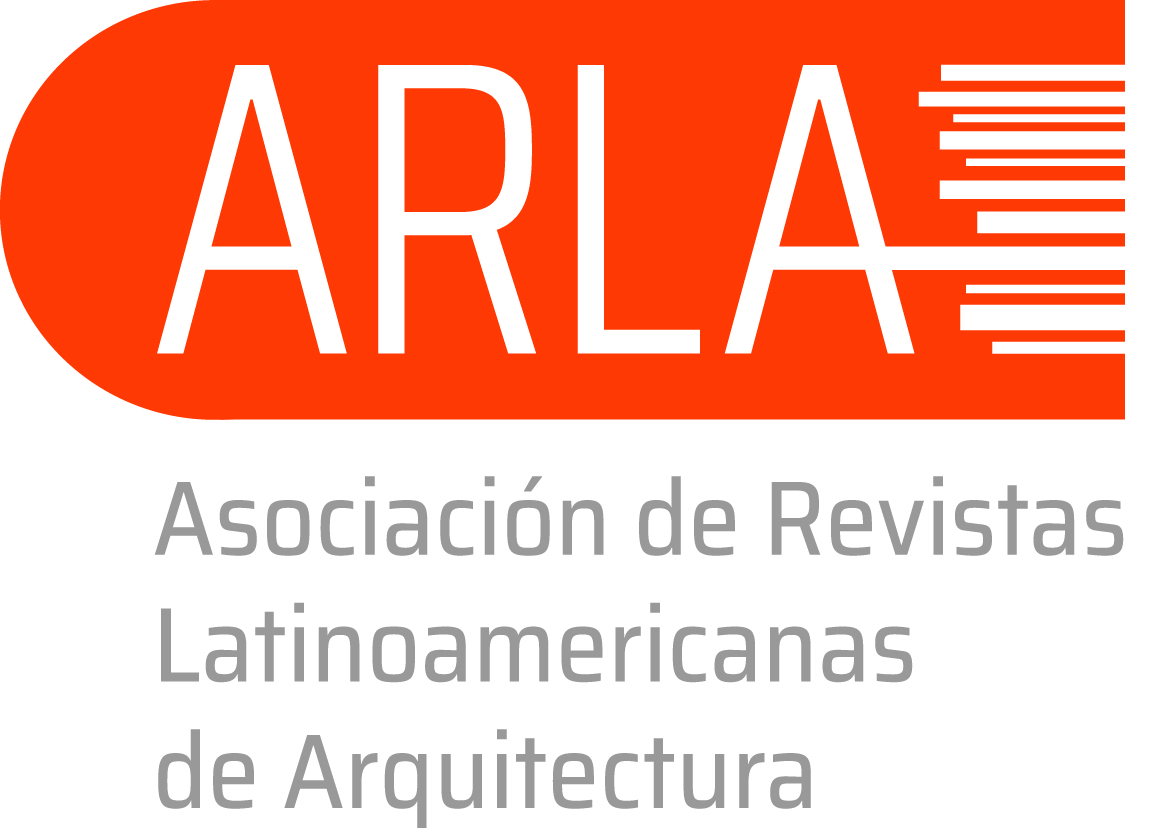“They can't demolish my school": an analysis of the cataloguing of the Marist School of San José in Rio de Janeiro/Brazil
DOI:
https://doi.org/10.62486/gen202596Keywords:
Heritage, memory, cataloguing, Catholic schoolAbstract
This paper is an excerpt from an investigation into the assets of the Marist Brothers in Rio de Janeiro. More than 120 years ago in the city, they were invited by Archbishop Don Joaquim Arcoverde to run the Diocesan College of St. Joseph. Throughout the 20th century they acquired two plots of land in the Tijuca neighborhood and to this day they offer private Catholic education to the children of the Rio de Janeiro elite. The present analysis is a case study of the “era of the congregations” (BITTENCOURT, 2017), a time when many foreign religious arrived in Brazil (19th and 20th centuries). While researching the Marist heritage, we came across a cataloguing process of one of the school buildings in 1999. Paying attention to the clues, signs and traces in order to “read reality in reverse, starting from its opacity” (GINZBURG, 2004, p.14), when crossing written and oral sources we perceive that before the announcement of the sale of the Marist property on Barão de Mesquita Street, there was a movement by the students together with a deputy for the cataloging of the building. Chats such as “you can't demolish my school” added to the deputy's justification that the demolition of the school would bury the memory of many generations of students point to the use of heritage policy as a strategy for preserving a “place of memory” (NORA, 1993) in the face of a real estate issue (VELHO, 2006) that presented itself as an obstacle to the maintenance of the building that the former students consider heritage (GONÇALVES, 2003).
References
Actas y Decretos del Concilio Plenario de la América Latina. (1906). Tipografía Vaciana. Assmann, A. (2011). Espaços da Recordação. Unicamp.
Azzi, R. (1997) História da Educação Católica no Brasil. Simar.
Barros, José D’Assunção. (2006). História, espaço e tempo. Varia historia, 22(36), 460- 476. DOI: https://doi.org/10.1590/S0104-87752006000200012
Benito, A. (2000) El espacio escolar como escenario y como representación. Revista Teias, 1(2).
Candau, Joel. (2021). Memória e Identidade. Contexto.
Certeau, Michel de. (2011). A escrita da História. Forense. Farge, Arlette. (2017). O Sabor do Arquivo. Edusp.
Genevois, S. (2020). Quelle Approche Geographique Des Territoires Scolaires? DOI: https://doi.org/10.4000/geocarrefour.14684
Geocarrefour, 94(2), 1-28.
Ginzburg, Carlo. (1989). Mitos, emblemas, sinais. Companhia das Letras. Gonçalves, J. (Ed.). (2013). A Alma das Coisas. Mauadx; Faperj.
Gonçalves, José Reginaldo Santos. (2003). O patrimônio como categoria de pensamento.
En Abreu, Regina; Chagas, Mário (Ed.). Memória e patrimonio. DP&A. Hobsbawn, E.; Ranger, T. (Ed.) (2018). A invenção das tradições. Paz e Terra. Le Goff, Jacques. (2012). História e Memória. Unicamp.
Leonardi, P. (2019). Memória, monumentos e educação. Educação em Foco, 22(37), 151– 170. DOI: https://doi.org/10.24934/eef.v22i37.2755
Leonardi, Paula. y Bittencourt, Águeda. (2016). De documento religioso a fonte histórica. Educação e Filosofia, 30, 1-20. DOI: https://doi.org/10.14393/REVEDFIL.issn.0102-6801.v30n59a2016-p135a158
Leonardi, Paula; Andrade, Lucia. (2022). Congregações docentes francesas no Brasil: Patrimônio e Memória no Rio de Janeiro. En Leonardi, Paula; Martins, Marco Aurélio (Ed.). Religião, sujeitos e gênero. Mauad X.
Lowy, Michael. (2005). Walter Benjamin: aviso de incêndio. Boitempo.
Mignot, Ana. (2002). Baú de memórias, bastidores de histórias. Universidade São Francisco.
Moura, Laércio Dias de. (2000). A educação católica no Brasil. Edições Loyola. Nora, Pierre. (1993). Entre memória e História. Projeto História, (10), 7-28.
Pollak, Michael. (1989). Memória, esquecimento, silêncio. Estudos Históricos, 2(3), 3– 15.
Ricoeur, Paul. (2007). A memória, a história, o esquecimento. UNICAMP. Santos, Milton. (2006). Território, territórios (2a ed.). DP&A.
Saquet, Marcos Aurelio. (2007). As diferentes abordagens do território e a apreensão do movimento e da (i)materialidade. Geosul, 22(43), 55-76.
Silva, D. (2013). [Resenha de Memória e Identidade, de Candau, J.]. Revista Equatorial, 1.
Triviños, A. (1987) Introdução à pesquisa em Ciências Sociais. Atlas.
Velho, Gilberto. (2006). Patrimônio, negociação e conflito. Mana, 12(1), 237–248.. DOI: https://doi.org/10.1590/S0104-93132006000100009
Downloads
Published
Issue
Section
License
Copyright (c) 2025 Pedro Henrique Nascimento de Oliveira (Author)

This work is licensed under a Creative Commons Attribution 4.0 International License.
The article is distributed under the Creative Commons Attribution 4.0 License. Unless otherwise stated, associated published material is distributed under the same licence.






